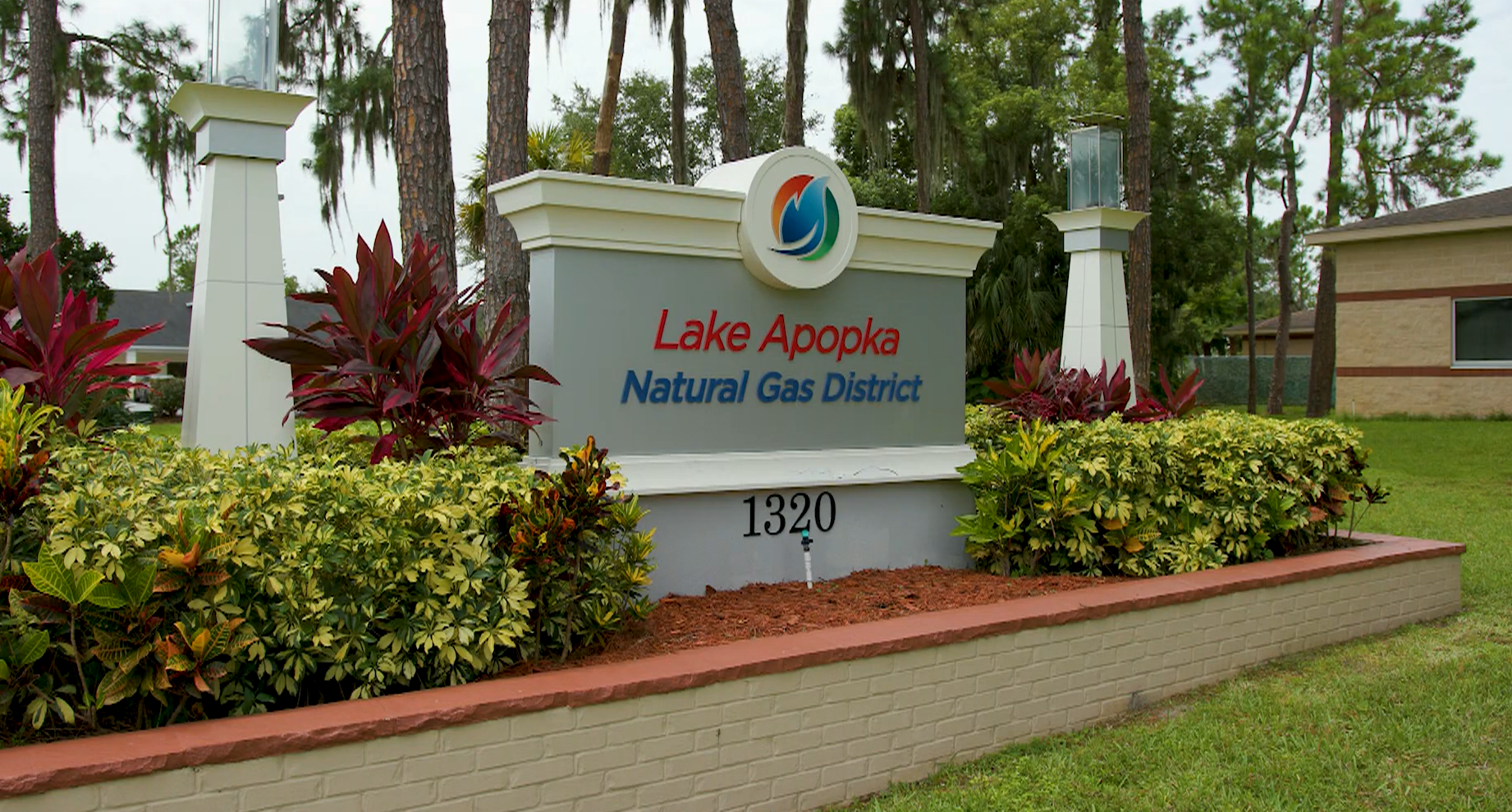Persuading City Leaders to Maintain a Multimillion-Dollar Franchise Agreement

Services
Client Industry
Challenge
Since 1935, the investor-owned Florida Public Utilities (FPU) provided electric service to Marianna, Florida, through a negotiated franchise agreement that set a defined term and provided the City with payments through franchise fees and municipal taxes.
As the agreement approached expiration in 2010, the City was exploring its option to purchase the electric utility and operate it as a municipal utility. While recognizing FPU’s reliable service and excellent customer service record, the cash-strapped City was evaluating the utility as an additional stream of revenue.
Meanwhile, there was widespread community concern over FPU’s rates. For more than a decade, they had been the lowest in Florida, but had nearly doubled over the previous two years due to rising fuel costs (which are passed through to customers with no profit to the utility). Adding to this concern were public comments by a city consultant that erroneously depicted FPU’s new rates as among the highest in the state.
Curley & Pynn was tasked with organizing a communications campaign to persuade city leaders to realize the benefits of a continued agreement with FPU.
The Strategic Firm® Approach
Our objective was clear: secure a majority vote by city commissioners to negotiate a renewed franchise agreement and forego a citywide referendum on a utility purchase.
We started by conducting extensive research on past “municipalization” cases, community influencers, voter demographics and influential community leaders. Informal conversations with community leaders showed most commissioners were leaning toward a public referendum on whether to purchase the utility. At our recommendation, FPU employed a research firm to conduct a statistically valid survey of the entire Marianna population, which overwhelmingly indicated that residents were 1) largely unaware of the issue, 2) strongly opposed to a City takeover, but 3) mistakenly of the belief that a purchase would result in lower electric bills.
From these findings, we knew that we needed to educate residents about the issue, communicating to them and their elected officials the true economic impact of a takeover, while also making it clear to commissioners that their constituents were highly suspect of having a government-run utility.
To do this, we focused on:
- Increasing the presence of FPU and its employees in the community, primarily through conservation messaging and programs that help them deal with rising energy costs;
- Leveraging research findings to show commissioners that a large majority of residents opposed a City takeover;
- Working through local media to communicate the impacts of a municipal purchase on rates, reliability and risk; and,
- Enlisting vocal support from business and community leaders for a contract renewal with FPU.
Communications began with the city manager and city commission – the individuals ultimately responsible for deciding if the utility takeover would go to a public vote. With strategy and messaging developed by our team, FPU management met with city leaders to share vital information about FPU’s operations and the massive undertaking necessary to take over an electric utility, as well as the many risks associated with the decision. FPU presented key research findings to city leadership and requested an equal platform at presentations made by Marianna’s paid consultant. An important aspect of the campaign, requesting equal participation during planned utility consultant workshops, ensured a balanced argument and opportunity to correct inaccurate information. Town Hall presentations served as a platform to exemplify FPU’s commitment to a completely transparent and honest campaign.
Our strategy avoided any negative inference to a city’s ability to manage utility service and instead focused on the risks involved with such a purchase as compared to the substantial return the city would receive through a renewed agreement. We reached out to the primary association for statewide municipal utilities, the Florida Municipal Electric Association, to assure them that our messaging would be supportive of the contributions of municipal utilities, while stating that a municipal takeover was not a good decision for this market. FPU management agreed that all communications would remain positive, no matter what opponents or the city’s consultant might say. The strategy was to present facts about rates and takeover costs rather than “scare tactics” utilities in other states have used in similar situations. FPU reinforced its presence in the community and held presentations in front of civic, business and other community organizations to address customer concerns, and to provide talking points for use in meetings and conversations with commissioners.
Our team developed presentations for use at each community workshop that focused on FPU’s 75-year commitment to the city; FPU’s record of outstanding customer service; background information on electric rates in Florida; and, financial risks involved with a utility takeover. Regular meetings with employees ensured FPU’s community ambassadors shared accurate and up-to-date information. FPU utilized support of prominent community members by equipping leaders with key messages to share on behalf of FPU. Though research showed local media had limited influence over constituent attitudes, media relations played a role in the campaign, with key messages and briefings provided on a frequent basis. This included personal meetings with key reporters in the market.
Results
We closely monitored and managed issues surrounding incorrect information presented to the public. Accurate data was quickly shared with key parties and, after face-to-face meetings with local newspapers, the Jackson County Floridan began to report on consultant errors.
Presentations to community organizations, as well as sponsorship of the largest festival in Marianna, increased customer interactions and quickly began to dispel the incorrect perception that a City purchase would lower electric rates.
As a final indication of success, the Marianna city commission voted unanimously to forego a referendum and moved to negotiate a new franchise agreement with FPU. By avoiding a public vote, we saved FPU and the City from the substantial costs involved in an election campaign. And in the end, FPU maintained a multimillion-dollar franchise agreement.
This award-winning campaign was honored with a Florida Public Relations Association (FPRA) Golden Image Award of Distinction and FPRA Orlando-Area Chapter Image Award of Distinction.
RELATED CASE STUDIES

Portraying a Positive Brand Image Through Community Outreach Events
A Curley & Pynn (C&P) – The Strategic Firm – client looking to expand its operations across multiple counties…

Increasing Awareness, Demand for Natural Gas Services Through the Strategic Implementation of Advertorials
Lake Apopka Natural Gas District (LANGD), a public utility company that provides the direct distribution of natural gas to…

Engaging the Community to Lend a “Helping Hand” to their Natural Gas Neighbors
Since the inception of the Lake Apopka Natural Gas District (LANGD) over 60 years ago, it’s been their business…
